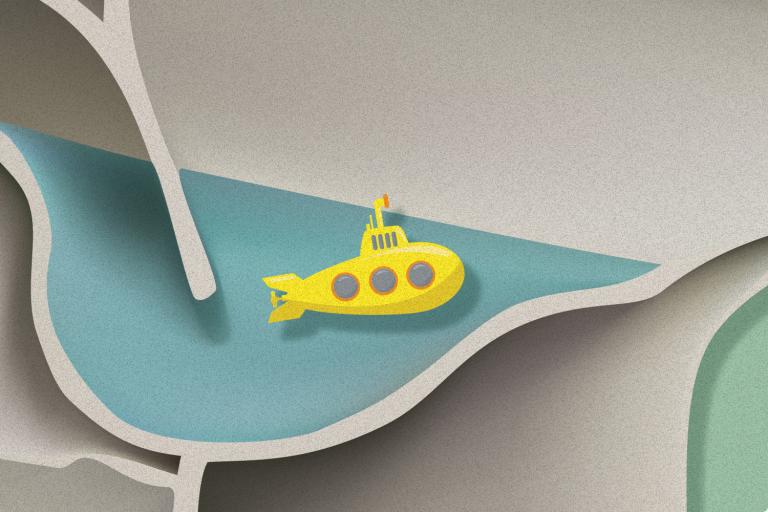In life, we ask ourselves many questions. One most of us have asked at some point is, “Why is my poop floating?”
When we glance into our porcelain throne and see floating feces, we might panic and rush to the internet. However, floating poop is actually fairly common.
Below, I’ll highlight the most common reasons for floating matter and when you might want to ask a doctor about your mysterious stools.
Four Causes of Floating Feces
-
Excess Gas
One of the most common culprits of floating poop is excess gas.
Gas is primarily created as air you swallow moves through your large intestines and mixes with fermenting bacteria that comes from milk, bread, fruits, and many vegetables.
Because the average human creates about one liter of gas per day, it’s not shocking to think some of this gas could enter a stool. When this happens, the air, hydrogen, and other elements could make the matter float.
While gas is commonly caused by healthy foods, like vegetables, you can also experience it after eating junk foods or too much dairy. So, if you have a terrible case of gas, floating poops, and a poor diet, it might be time to consider a few light changes to ease your digestive system.
-
Fiber-Heavy Diets
If you think you have a healthy, well-balanced diet and still come down with a case of floating poop, it could be because you’re eating lots of fiber.
According to MIT, high-fiber foods — such as beans — have increased bacterial fermentation, which can cause more air to be produced during the digestive process. This air not only causes stools to float, but it can also cause an embarrassing case of gas.
However, a bit of gas or floating poop shouldn’t be cause for concern if the stool still has a normal color or shape, and you live a healthy lifestyle with no other digestive symptoms.
-
Gastrointestinal Issues
When dealing with any type of gastrointestinal issue, your stomach and digestive system can get out of whack. This can cause a variety of stool issues, including floating matter.
Gastrointestinal issues that can result in floating stools include GERD, irritable bowel syndrome, and other bowel disorders. When dealing with these scenarios, floating matter could come with other symptoms including heartburn, other digestive troubles, or an unsettled stomach.
If you have a bowel or GI disorder, floating poop isn’t actually that uncommon. In fact, 2015 research revealed that 26% or more-than one-fourth of people with functional bowel disorders experience floating poop.
While floating poop and many gastrointestinal discomforts aren’t usually dangerous, you should still talk to your doctor about your symptoms to get the best tips for how to navigate your digestive troubles.
-
Malabsorption
One of the rarer, but slightly more concerning, causes of floating poop is malabsorption. This happens when the body can’t properly absorb and digest nutrients from certain foods.
On top of other digestive symptoms, malabsorption can cause fatty poops that look pale and misshapen, as opposed to occasional floating mater that still has a healthy brown color and shape. These discolored stools are called steatorrhea.
Two common causes of steatorrhea and malabsorption are food intolerances and more severe stomach issues — like pancreatitis.
For example, people with lactose intolerance or celiac disease often deal with malabsorption related to dairy or gluten-filled foods. Meanwhile, those suffering from liver diseases, or pancreatic damage — also called pancreatitis, and other intestinal issues have difficulty absorbing and digesting a longer list of foods and nutrients.
Ultimately, if you’re seeing regular fatty floating stools and experiencing other symptoms, you should visit your doctor to ensure you aren’t dealing with an intolerance or more serious issue.
What to Do When Your Poop Floats
-
Don't Panic
Ultimately, you probably don’t need to panic when you notice your next floater.
-
Try an Elimination Diet
If you’re experiencing regular floating fecal matter along with other symptoms, such as stool discoloring, heartburn, or other digestive problems, it might be a sign of a poor diet, food intolerance, digestive disorder, or illness.
-
Check With a Doctor
While we’ve walked you through a few of the most common causes, it’s always safest to double-check with your doctor if you have concerns.

